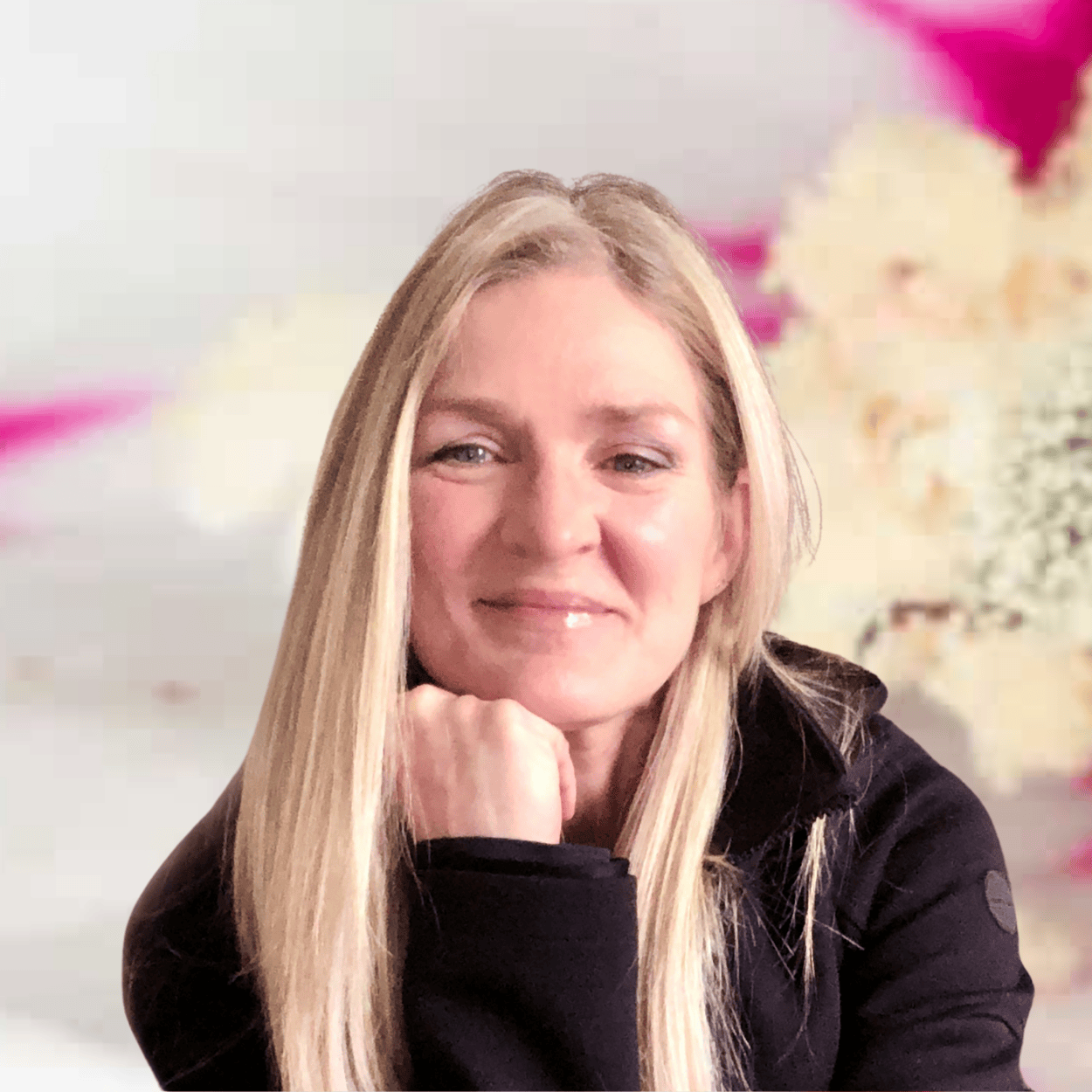Branding: The Art and Process of Creating an Emotional Connection with Your Audience
Branding is a process. It’s deep, intentional work that transcends logos, taglines and trendy fonts—it’s about crafting a meaningful, emotional connection between your brand and your audience. For me, working with my clients on branding is not just a profession; it’s a passion. The journey of discovering a brand’s essence and shaping its identity feels like uncovering a treasure chest, filled with the dreams, values, and goals of the people behind the brand. While sometimes exhausting, it’s always exhilarating and deeply rewarding. And it makes everything else slip into place moving forward. From writing newsletters to placing ads, once you’ve gone through the branding exercise, everything from that point forward becomes simpler.
The vital steps to branding include uncovering your brand essence, positioning your brand, and building your brand identity. Read on to learn how you can do this, too!
Uncovering Your Brand Essence
The process begins with uncovering your brand essence, the heart and soul of your organization. This is where Simon Sinek’s Start with Why is indispensable. He explains that great brands thrive because they understand and communicate their “why”—the core purpose that drives them. It’s not just what you do or how you do it; it’s why you do it. Purpose is the foundation of trust and loyalty, and that’s where we start, digging deep to discover the values, vision, and mission that define your brand and ultimately connect with people who want what you have.
Positioning Your Brand to Connect
From there, we move to brand positioning—the strategic work of carving out your place in the market. Seth Godin’s Purple Cow reminds us that being remarkable isn’t optional in today’s saturated world. But standing out doesn’t just mean being loud or flashy; it means aligning your brand with your audience’s needs and desires in a way that feels authentic and irresistible. What promises do you make? How do you want your brand to be perceived compared to others? This is where we create your positioning map and statement, always keeping your audience at the center.
Building Your Brand Identity
Then comes the magic: building your brand identity. This is where your brand comes to life, taking everything we’ve uncovered about your purpose and positioning and translating it into tangible elements that your audience can see, hear, and feel. Brand identity isn’t just about aesthetics—it’s about experience.
Your identity encompasses your visual elements (logo, color palette, typography), your communication style, and your sensory identity (yes, even how your brand might sound or feel!). It’s the cultural and historical roots of your organization, your tone of voice, and the personality that shines through every touchpoint. As Marty Neumeier explains in The Brand Gap, branding is about the total experience—it’s how your audience perceives you, remembers you, and connects with you.
How Much of Your Own Voice Should Go Into Your Brand?
As far as how much of YOU should be incorporated into your brand voice, it depends entirely on what you’re selling. We all have a variety of voices we use depending on who we’re connecting with. I talk to my dog WAY differently than I talk to my clients, but they’re both equally authentic. That said, my clients probably don’t want to hear the same enthusiasm I use when I talk to my dog. Unless we’re selling pet products, it would hardly build a connection. So feel assured in this: once you determine the authenticity of your brand voice, you’ll be able to determine how much of YOU is in your BRAND.
Storytelling for the Ultimate Brand Connection
Branding isn’t a one-sided affair. It’s not just about you. Branding is, at its core, a form of storytelling. Your story must intersect with your audience’s story. They have a problem, a pain point, or a dream, and your brand’s job is to demonstrate how you can help them overcome that problem or achieve that dream.
Marketing versus Branding
This is why branding differs from marketing. Marketing is the tactical execution of your brand strategy—it’s how you get your message out into the world. Branding, however, is the foundation that gives that message weight. Branding is the reason your audience remembers you. Marketing may get their attention, but branding earns their trust. And trust leads to loyal customers.
The beauty of this process is how deeply personal it is. It’s not just about creating something beautiful; it’s about creating something meaningful. When we work together to shape a brand, we’re not just building a business—we’re building a relationship with your audience.
Stories that Solve Problems
By the time we’ve created your brand’s essence, positioning, and identity, we’re ready to tell stories that resonate. Stories that don’t just inform but inspire. Stories that show your audience how your product or service can solve their problem, meet their need, or fulfill their inner desire. It’s about creating a bond so strong that your audience doesn’t just choose your brand—they believe in it.
Branding isn’t quick or easy, but it’s worth every ounce of effort. It’s the difference between being just another option and becoming the obvious choice. It’s the spark that turns a transaction into a relationship. And it all starts with discovering your “why,” understanding your audience and building a brand that connects on the deepest level.
Questions to Help Guide Your Branding Process
If you’re looking to freshen up your brand and position yourself more effectively, or you want to make a stronger connection with your prospects, here are some thoughtful questions to help guide your process:
About Your Brand Essence
- What is the heart and soul of my brand?
- What purpose, vision, and mission truly drive my work?
- Are my values reflected in everything I do?
- Does my brand still align with my personal and professional goals?
- What emotional connection do I want to create with my audience?
About Your Audience
- Who is my target audience, and have their needs changed?
- Are there new pain points or desires I can address?
- Am I reaching the right demographic, or should I expand or refine my focus?
- What emotional experience do I want my audience to have with my brand?
About Positioning
- How does my brand stand out in comparison to competitors?
- Is there something fresh or unique I can emphasize?
- Have new competitors entered my space, and how does that shift my position?
- What is my brand promise, and does it remain relevant and compelling?
About Identity and Voice
- Does my visual identity feel current and aligned with my brand values?
- Are my logo, colors, typography, and design elements resonating with my audience?
- Is my tone of voice consistent and reflective of who I am now?
- Does it convey the right mix of professionalism, approachability, and personality?
- Are my storytelling efforts connecting emotionally and building trust?
About Messaging and Perception
- What stories do I want my brand to tell, and are they solving problems for my audience?
- How do people perceive my brand, and does that perception align with my intentions?
About Channels and Engagement
- Are the platforms and methods I’m using to communicate still effective?
- Should I consider new channels or shift my focus?
- How am I nurturing relationships with my audience and building trust?
About Growth and Vision
- Where do I want my brand to go in the next year, five years, and beyond?
- What’s the one thing I want to be known for?
- How does my brand contribute to my audience’s lives and solve their challenges?
By diving into these questions, we can collaboratively uncover insights, identify areas for improvement, and infuse your brand with fresh energy. If you’d like to work together, I’d love to hear from you. Send me an email.
Would you like to download this list? Click on the link below and enjoy!
Want More DIY Branding Help?
Interested in learning more about how to build your brand? Enjoy this quick-to-read article about the power of blogging to build your brand.
Here’s another article about featured snippets and evergreen content to optimize your blogs and increase awareness of your brand.


